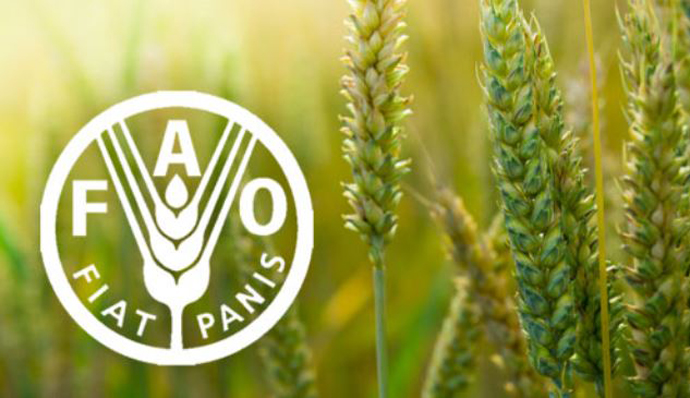A new study conducted by Food and Agriculture Organisation (FAO), with the cooperation of European Bank for Reconstruction and Development (EBRD), says it is possible for Egypt to decrease its grain imports. This could be achieved through the participation of the private sector in investing in grain industry, in addition to food industry.
The study, posted on FAO’s online website, implied that Egypt has the largest population among other Arab countries and it is the world largest wheat importer. The average Egyptian citizen’s consumption is among the largest and bread is considered to be the main food in Egypt.
FAO’s study recommended investing in the infrastructure of logistics projects related to grain such as cargo handling or storage facilities which will save an abundant amount of wasted wheat. Authorities and grain manufacturers will be discussing soon all issues related to grains, in order to contribute to a better food security. In addition, a union should be established for all grain companies, either those which operate as grain storage companies or grain trade companies.
Dimitry Prikhodko, an economic expert of FAO’s Investment Department, said “Cooperation between the government and private sector will develop Egypt’s wheat production, address phytosanitary issues and sort import bids procedures. Also, the private sector should have an association to represent it in order to have unified targets.”
The private sector ought to build up modern silos instead of the old system of storing which is called “barns”; this system causes big losses because the grain gets exposed to pests and rats. Moreover, private sector’s grain storages are mostly used to store more than one type of grain and the storages are run with few employees which affect the efficiency of grain, FAO’s study highlighted.
“Although, modern silos are more expensive, they can save more than $43m yearly and ensure investment revenues, in addition to achieving outputs at a lower cost from the government budget.”, FAO’s study asserted.


